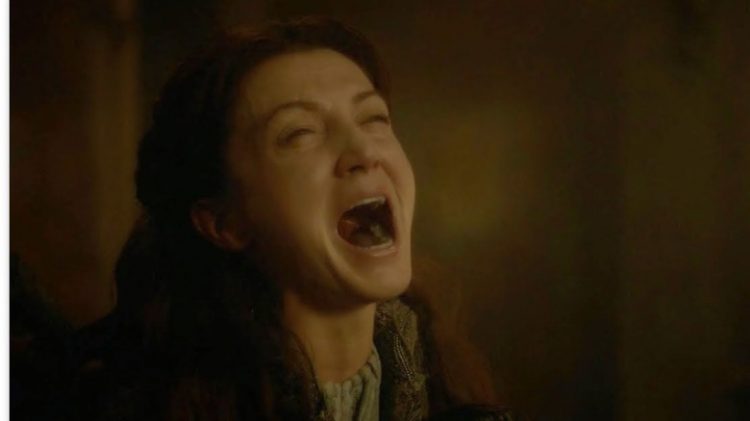
How deeply do we connect with fictional characters? It’s no secret that superfans can become quite upset when their beloved characters are replaced with versions that don’t meet their expectations, often expressing their dissatisfaction in cringe-worthy ways. But what about the emotional turmoil experienced by the average fan when their favorite character faces tragedy or meets their untimely end? While it may seem like a trivial question, the truth is that some people undergo significant emotional distress when witnessing the demise of their cherished fictional characters. The impact of shows like Game of Thrones on fans is a prime example, as viewers either erupted in anger or became numb upon seeing their favorite characters perish. Initially, anger may have been the dominant emotion, but it’s easy to imagine that many fans simply became numb after witnessing the brutal fates of several characters in the first season. Of course, Sean Bean’s numerous on-screen deaths don’t count.
Our emotional investment in fictional characters runs deep.
It’s not surprising that people develop strong emotional connections to their favorite characters over time. For some, this attachment spans decades, while others may have left their childhood infatuations behind to focus on real-life experiences. However, for those who continue to idolize one or more characters, it can be devastating when these characters face hardships or are killed off. While some may argue that it’s irrational to mourn a fictional character, others believe that people should be allowed to grieve in their own way.
The emotional investment in fictional characters can feel all too real.
There are varying degrees of emotional investment when it comes to our attachment to fictional characters. Many of us may have a favorite character’s likeness displayed in our workspace, but there’s a limit to how far our admiration goes. Some people prefer to maintain a healthy distance between reality and fiction to prevent one from influencing the other. For storytellers like myself, it’s easy to create and let go of characters without becoming emotionally attached, as doing so would make it difficult to cope with their inevitable departure. However, for fans, saying goodbye to a beloved character can be much more challenging due to the lack of control over their fate.
Creators may feel a sense of loss when their characters die, but they accept it as an inevitability.
As mentioned earlier, being a creator means understanding that your characters will eventually meet their end, whether through violent means or natural causes. Fans, on the other hand, may not always grasp this concept. They often become so attached to characters that they feel as though they know everything about them, and in some cases, they might. However, there’s little reciprocity between a fan and their favorite character. Creators, in contrast, experience a more profound connection as they develop, nurture, and ultimately bid farewell to their creations. Fans lack this certainty, making it all the more difficult for them to cope with the loss of a character they’ve adored for so long.
Writers may experience a god complex, but fans rarely do.
When you create something, you also have the power to destroy it, at least from a fictional standpoint. Some writers take this responsibility seriously, while others may kill off their creations on a whim if it serves the story. Fans, however, don’t have this luxury. Their attachment to a character can resemble worship or a unique camaraderie that provides comfort and support. When a character dies, some fans may be so deeply affected that it impacts their daily lives, while others may feel a temporary sadness but remain emotionally unscathed.
 Follow Us
Follow Us



